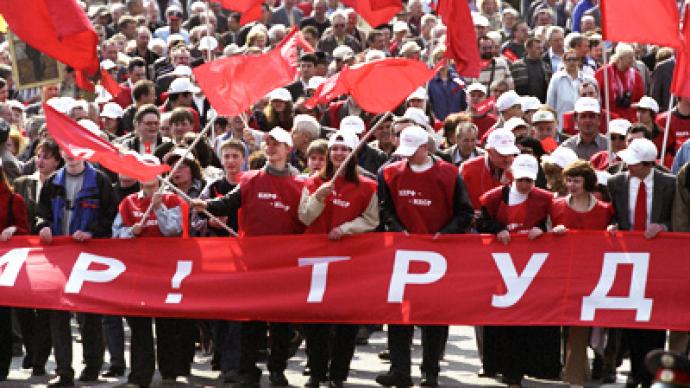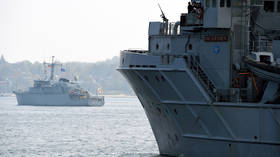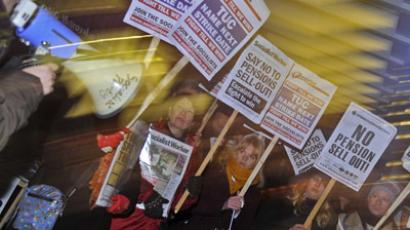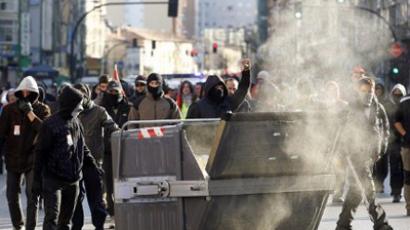May Day strikes: Trade union power or posturing?

Workers day is going to see mass strikes by trade unionists across Europe protesting against the austerity measures. Is this a chance for the unions to show they still have some muscle, or will it be more symbolic?
Many voices lay a lot of blame on unions for damaging and nonconstructive strikes. British chancellor George Osborne said the recent fuel crisis in the UK was the fault of the Unite union and a walkout by tanker drivers. Potential fuel shortages lead to public panic. “This is that last thing that the British economy needs at a time like this,” Mr Osborne was quoted as saying. This showed the huge potential disruption trade unions can still cause and the angry arguments over whether that disruption really helps people affected by the crisis.In governments like Greece, Spain and Portugal whose economies have been hit by the crisis, unions have been in the thick of it. They have organized repeated strikes across the public and private sectors. They have also been strident in their condemnation of austerity measures which they say will kill growth and make recovery harder. Governments implementing these austerity measures contend that austerity is needed to make these economies competitive again and cut down on flabby and over-generous state spending.However unions are nowadays only one part of the protest movement whereas once they would have been its dominant force. In crisis hit Ireland the government’s Oireachtas Library and Research Service notes that, “the most obvious problem was a decline in membership levels as a proportion of employees, as union recruitment failed to keep pace with the growth in employment throughout the boom.”That has left unions across Europe with far fewer members than they used to have. The European Commission has even gone so far as to suggest that unions should be supported by governments to avoid, “disorganized decentralization,” whereby the collective bargaining process falls apart.As regards Greece, the columnist Paul Fourier lamented on Bloomberg.com that, “labor unions and social dialogue are held in contempt, creating a source of deep instability for the future.”Perhaps the day of the unions has passed? Perhaps the new vanguard of workers’ rights comes from younger less traditionally organized groups of activists? Even without trade union power the strikes, protests and expressions of public anger have continued unabated. Perhaps the ‘occupy’ movement which has put vigils and demonstrations in cities all over the world has really ‘occupied’ the space left by shrunken unions.Despite their apparent weakness the unions haven’t give up just yet. The Unite union which lead the fuel tanker strike has also warned the carmaker Ford that it is balloting members in the UK on strike action. It revolves around their pensions and if held would be the first strike at Ford since the unions were at their strongest in the late 1970s.














